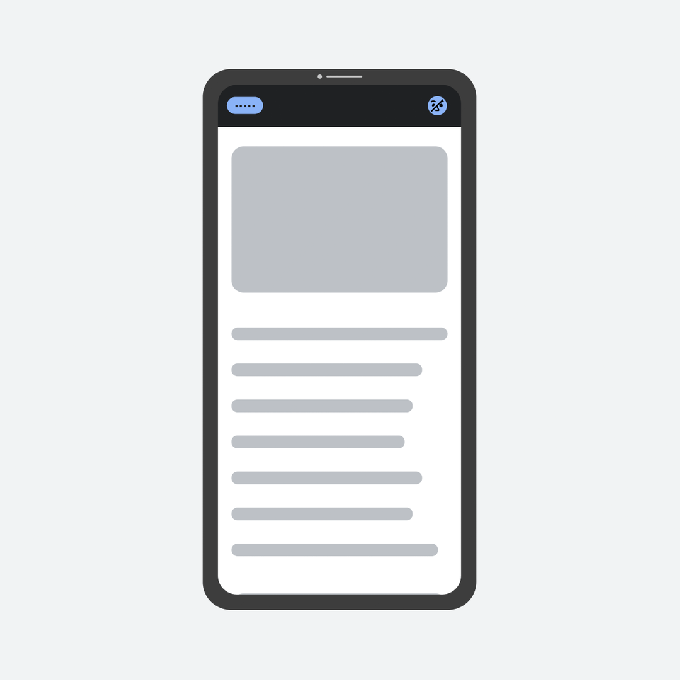
Android shared information today about six features that will roll out this summer. Some of these are just quality of life upgrades, like starring text messages to easily find them later, or getting contextual Emoji Kitchen suggestions depending on what you’re typing. But other aspects of this update emphasize security, safety and accessibility.
Last summer, Google added a feature on Android that basically uses your phone as a seismometer to create “the world’s largest earthquake detection network.” The system is free, and since testing in California, it’s also launched in New Zealand and Greece. Now, Google will introduce this feature in Turkey, the Philippines, Kazakhstan, Kyrgyz Republic, Tajikistan, Turkmenistan and Uzbekistan. The company says that they’ll continue expanding the feature this year, prioritizing countries with the highest earthquake risk.

Image Credits: Google
Google is also expanding on another feature released last year, which made Google Assistant compatible with Android apps. In the initial update, apps were supported like Spotify, Snapchat, Twitter, Walmart, Discord, Etsy, MyFitnessPal, Mint, Nike Adapt, Nike Run Club, eBay, Kroger, Postmates and Wayfair. Today’s update mentioned apps like eBay, Yahoo! Finance, Strava and Capital One. These features are comparable to Apple’s support of Siri with iOS apps, which includes the ability to open apps, perform tasks and record a custom command.

Image Credits: Google
When it comes to accessibility, Google is ramping up its gaze detection feature, which is now in beta. Gaze detection allows people to ask Voice Access to only respond when they’re looking at their screen, allowing people to naturally move between talking with friends and using their phone. Now, Voice Access will also have enhanced password input — when it detects a password field, it will allow you to input letters, numbers and symbols by saying “capital P” or “dollar sign,” for example, making it easier for users to more quickly enter this sensitive information. In October, Google Assistant became available on gaze-powered accessible devices, and in the same month, Google researchers debuted a demo that made it so people using sign language could be identified as the “active speaker” in video calls. Apple doesn’t have a comparable gaze detection feature yet that’s widely available, though they acquired SensoMotoric Instruments (SMI), an eye-tracking firm, in 2017. So, hopefully similar accessibility features will be in the works at Apple, especially as Google continues to build out theirs.
Today’s Android update also lets Android Auto users customize more of their experience. Now, you can set your launcher screen from your phone, set dark mode manually and more easily browse content on media apps with an A-Z scroll bar and “back to top” button. Messaging apps like WhatsApp and Messages will now be compatible on the launch screen — proceed with caution and don’t drive distracted — and EV charging, parking, and navigation apps will now be available for use.

